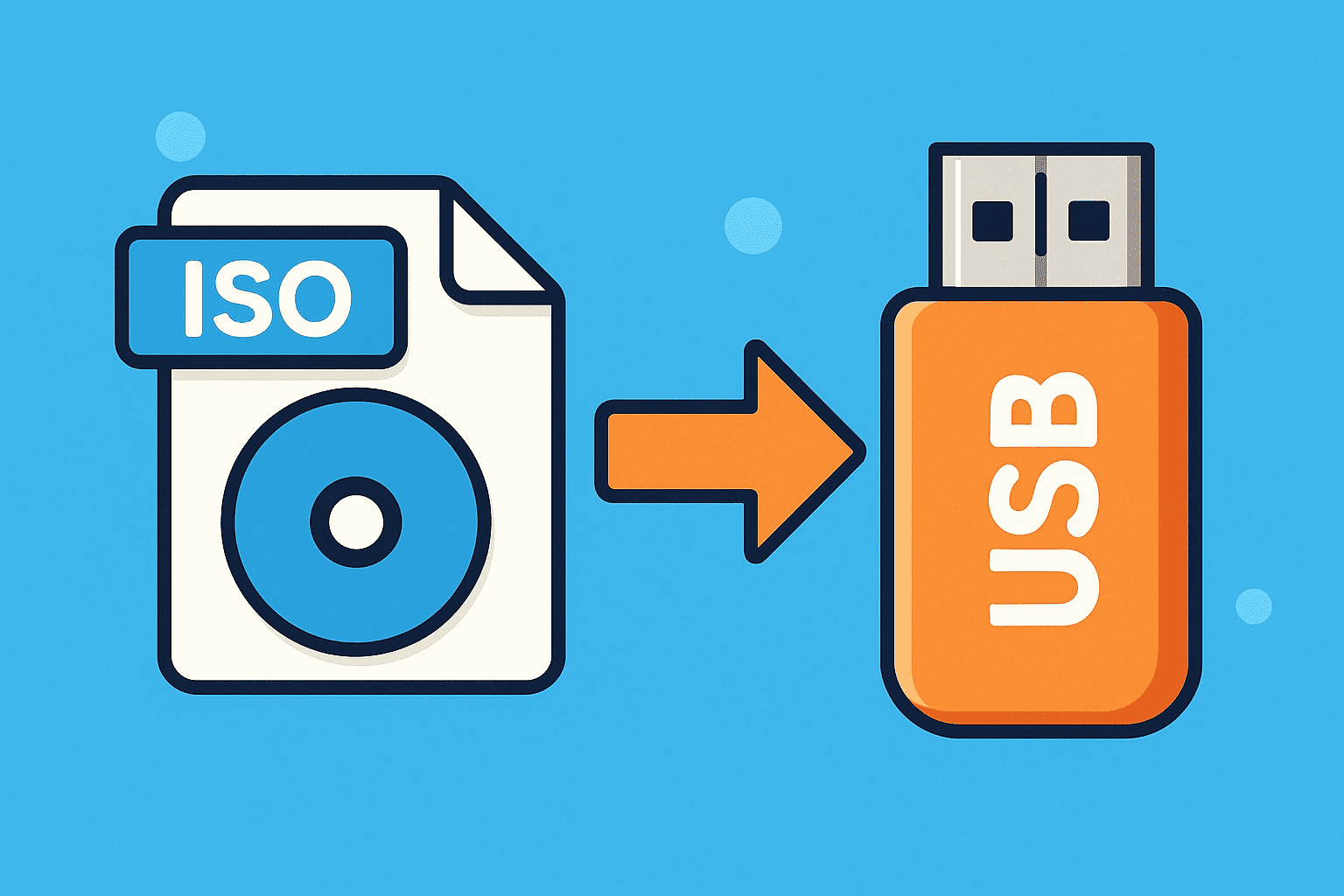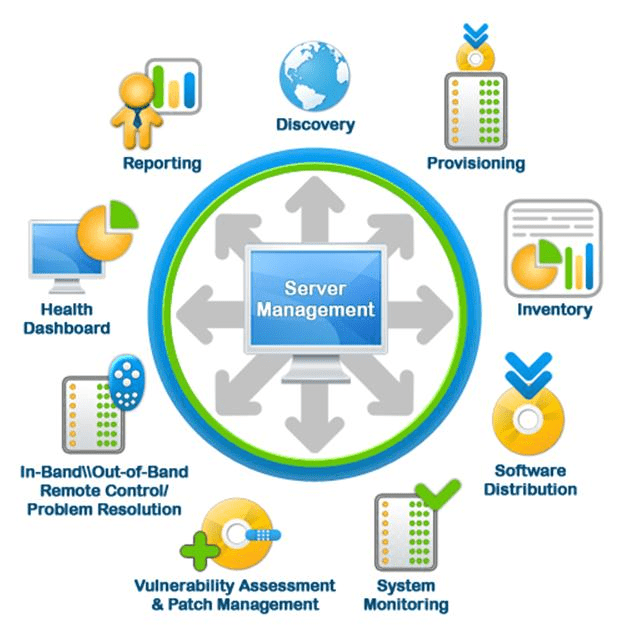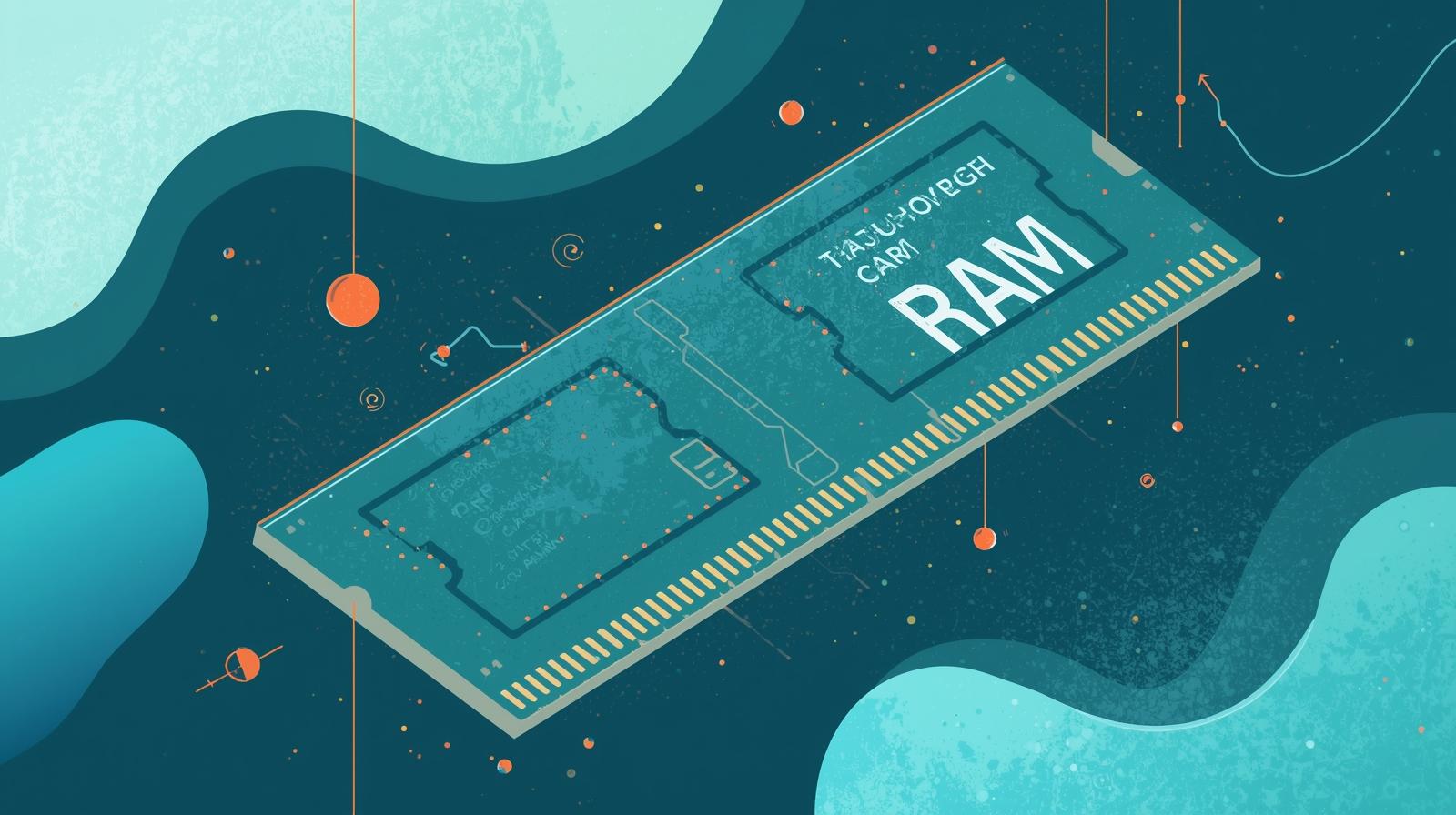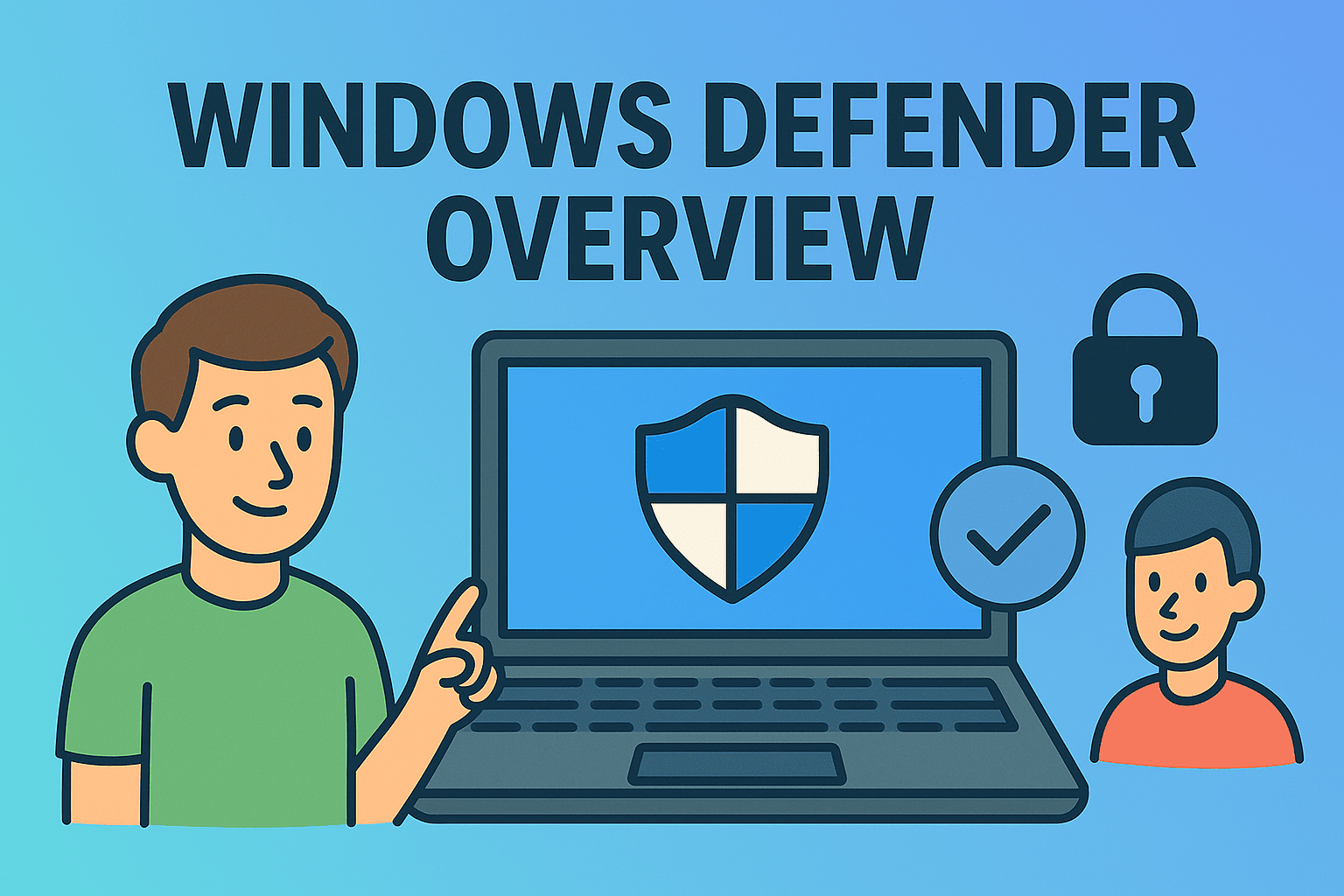When Restarting Isn’t Just a Click Away
Updated on June 24, 2025, by ITarian

Ever had your Dell laptop freeze during an important meeting? Or maybe you installed a new update and now your device is acting up. Knowing how to restart Dell laptop isn’t just basic tech knowledge—it’s an essential skill for maintaining performance and avoiding costly downtime.
This guide covers standard restart options, what to do when your system is unresponsive, and best practices from Dell laptop troubleshooting. Whether you’re an IT manager, business owner, or home user, you’ll learn both basic and advanced Windows restart options to reboot your Dell device quickly and safely.
Basic Methods: How to Restart Dell Laptop via Windows
1. Using the Start Menu
This is the most common method for a healthy, responsive laptop.
Steps:
- Click the Start button
- Select the Power icon
- Click Restart
This performs a graceful reboot, closing all apps properly.
2. Restart Using Ctrl + Alt + Delete
If your screen is frozen but the OS is still responsive:
Steps:
- Press Ctrl + Alt + Delete simultaneously
- Click the Power icon in the bottom right
- Select Restart
Ideal for scenarios where applications crash but the system is partially active.
3. Restart Through Command Prompt
For power users and admins:
Command:
shutdown /r /t 0
- Open Command Prompt as Administrator
- Type and execute the above line
Advanced Solutions: Force Restart Dell Laptop
When your laptop is completely unresponsive, you’ll need to do a force restart.
1. Hold the Power Button
- Press and hold the Power button for 10–15 seconds
- Wait a few seconds
- Press Power again to restart
This cuts power abruptly—only use if standard methods fail.
2. Disconnect Power Source
If the laptop won’t restart or power up:
- Unplug the AC adapter
- For laptops with removable batteries: take out the battery
- Hold Power for 15 seconds
- Reconnect and press Power
Dell Laptop Troubleshooting: Restarting From Boot Issues
If your Dell won’t boot or restart properly, here are system-level options:
1. Use the BIOS/UEFI Menu
- Turn off the device
- Press F2 or F12 repeatedly when turning it on
- Select Diagnostics to rule out hardware issues
2. Perform a System Restore (Windows Recovery)
- Interrupt boot 3 times to launch Windows Recovery Environment (WinRE)
- Choose Advanced Options > System Restore
- Follow prompts to roll back to a previous stable state
This is especially useful after problematic updates or driver changes.
When to Restart vs. Shut Down
Restart
- After software installation or updates
- For performance fixes
- To reset OS processes
Shut Down
- If you won’t use the laptop for a long time
- When replacing hardware
Tip: Restarting clears temporary files and refreshes memory—great for sluggish performance.
Restarting Dell Laptops by Model
Some Dell models have slight differences in keys or power behavior:
- Dell XPS: Use built-in battery reset pinhole under the chassis if unresponsive
- Dell Latitude: Often includes BIOS options to initiate a system reset
- Dell Inspiron: Has visible battery disconnects or removable options
Always check the Dell support page for model-specific restart and recovery tools.
Best Practices After Restart
- Let startup apps load fully before opening other programs
- Watch for system updates or error messages
- Run diagnostics if the issue persists
- Backup important files regularly in case future restarts fail
FAQs: Common Questions About Restarting Dell Laptops
1. Is it safe to force restart my Dell laptop?
Yes, but only when the system is frozen and standard restart methods don’t work. It may lead to unsaved data loss.
2. What if my Dell laptop restarts continuously?
Check for failing hardware or corrupted system files. Boot into Safe Mode or Recovery Mode to troubleshoot.
3. How often should I restart my laptop?
At least once a week or after installing major updates, software, or drivers.
4. Will restarting delete my files?
No. Restarting simply reboots your system. However, unsaved documents may be lost.
5. Can I restart using my keyboard only?
Yes. Use Alt + F4 on the desktop and select Restart from the dropdown menu.
Final Thoughts: A Simple Restart Can Solve Complex Issues
Knowing how to restart Dell laptop can resolve a wide range of issues, from lag and freezing to software glitches. When paired with good Dell laptop troubleshooting habits, you can keep your system running smoothly and securely.
Whether you’re using Windows restart options or executing a force restart, don’t underestimate the power of a simple reboot.














